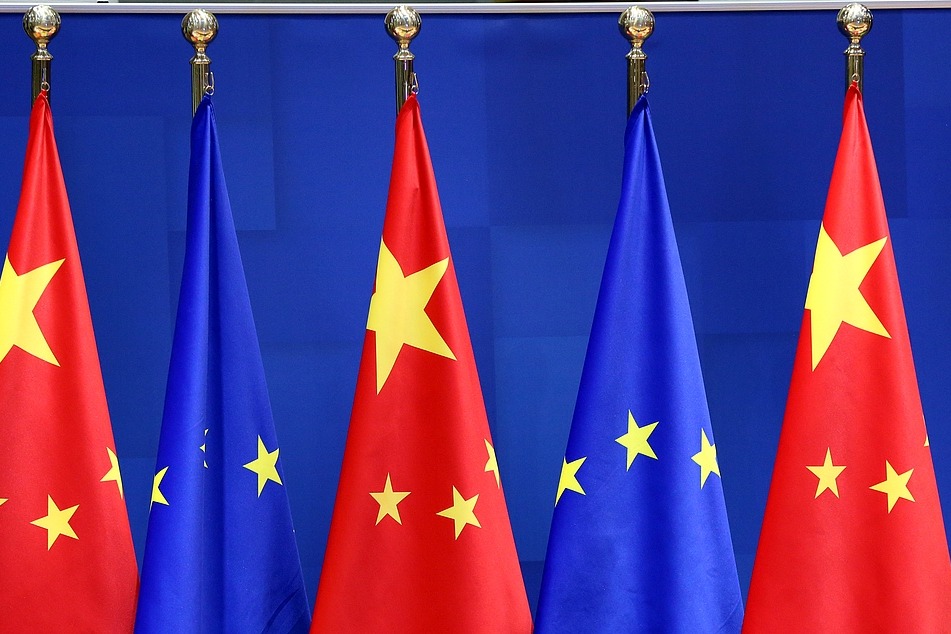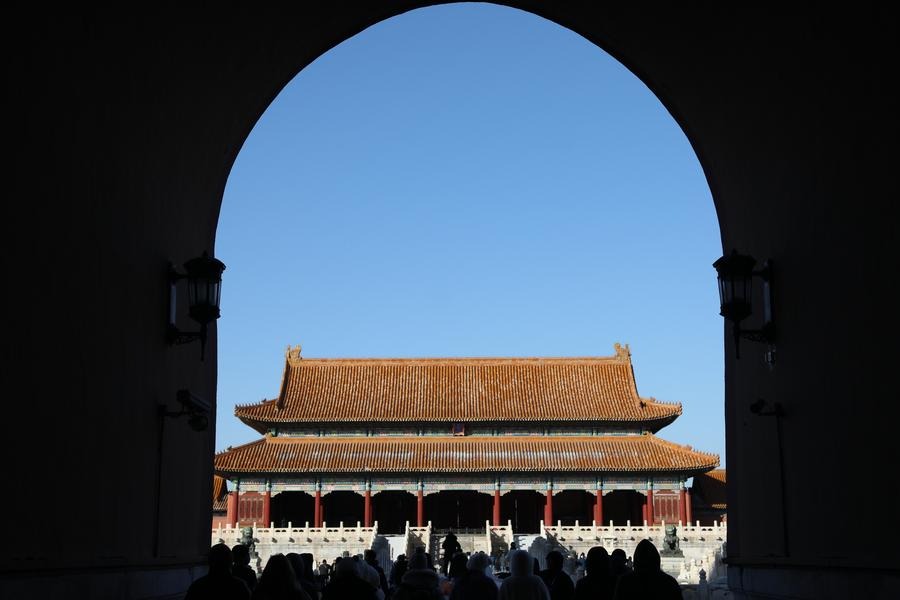Reshaping the energy security governance system


Following the crisis in Ukraine, there is not only a 'supply chain iron curtain' against Russia, but also demand for energy autonomy in the West
Modern life is based on oil, and global energy security is crucial for economic growth as well as people's livelihood in all countries. As climate change intensifies and geopolitical considerations assume greater importance, there is a marked trend toward the re-geopoliticization of energy security. Major powers and resource-producing nations are leveraging these shifts in geopolitics and energy transitions to secure advantageous positions and assert their interests within the global energy security framework.
Currently, the international energy security governance system exhibits significant imbalances. The traditional focus of geopolitics has been on the physical spaces occupied by fossil energy sources such as coal, oil and natural gas, typically characterized by political contests between resource-rich producing nations and energy importing countries. This reflects the political dynamics of energy security. With industrial upgrades and the diversification of governance demands, elements such as sustainability are increasingly becoming an integral part of the concept of energy security.
From the new energy geopolitical perspective, competition in the development of new physical spaces is emerging. Advances in technology have enabled the exploration and exploitation of regions that previously lacked the conditions or economic capability for such activities, including polar regions, Africa and Central Asia. For instance, the polar regions are rich in untapped energy resources, but their vast expanse, the presence of numerous neighboring coastal states, and the difficulty in clearly delineating sovereign interests complicate geopolitical relations, particularly in the face of interventions by resource-scarce countries, which can lead to geopolitical tensions. Additionally, Latin America also emerges as a potential area for energy production growth.
From the perspective of energy pricing mechanisms, political factors are exerting a growing influence on the stability of energy markets, resulting in unconventional price fluctuations. In terms of energy supply chain security imbalances, there is a clear trend toward the "weaponization" of traditional energy sectors, which has led to increased energy import costs and heightened supply-side risks. The current energy security governance mechanism is simultaneously influenced by the Ukraine crisis and the European Union's efforts to disengage from traditional energy systems. Moreover, the development of quasi-military alliances is likely to steer energy security governance toward confrontation. The restructuring of global supply chains toward shorter, localized systems, alongside the polarization and fragmentation of global economic governance, poses heightened challenges for technological collaboration in the energy sector. The development of renewable energy is shifting the paradigm of energy dependency.
Enhancing energy security through renewable energy deployment may alter the dynamics between energy-exporting and importing countries, potentially diminishing the roles of oil and gas in international politics. Consequently, ensuring energy supply security is increasingly becoming a matter of domestic governance rather than an international security priority. Those countries that achieve energy independence will also find themselves less reliant on their suppliers, thereby allowing for a more independent pursuit of their strategic and diplomatic objectives.
Energy is, after all, a fundamental driving force of growth and development around the world, and the use of energy has been steadily expanding along with the world's political and economic development. The openness of the existing international energy system has its roots in the interdependence among producer countries, consumer countries, and transit countries. From a geopolitical perspective, the strategic layout of hegemonic powers, resource nationalism among regional powers and the geopolitical risks associated with resource corridors all added to the uncertainty of global energy security. The changes in global geopolitics and value chains affect the balance of the global energy system. The rising levels of energy consumption and dependence are among the salient features of China's industrialization and modernization process. According to the concept of the "energy trilemma", China's energy transition must seek a balance among economic viability, security and sustainability.
First, China needs to enhance its energy security resilience by balancing the impacts of climate change, energy transition and geopolitical competition, thus improving its energy security governance capacity. Second, China should consistently provide public goods to promote the de-politicization of the global energy security governance system. Unlike the United States' emphasis on competitive gains and relative advantages against China, China's multilateral energy security cooperation seeks to align domestic demand with external public goods collaboration, thereby fostering complementarity and geopolitical compatibility with resource-producing countries. China can collaborate with resource-rich countries and regions, including Russia, Central Asia and the Middle East to establish a new multi-dimensional framework for energy security cooperation, and can also work with developed countries to address international market fluctuations and the energy transition uncertainties.
Given China's comprehensive strategic cooperative partnership with Russia in the new era and its high degree of integration with supply chains in Europe and the US, it can play an essential intermediary role in maintaining the integrity of the global energy system. This, in turn, offers China an opportunity to implement its dual-circulation strategy and assume a leadership position in globalization.
Furthermore, China can emphasize how global energy security hinges on multilateral and regional platforms, contributing knowledge and promoting reform of the global energy governance system. China should build upon initiatives such as the Global Development Initiative, the Global Security Initiative and the Global Civilization Initiative to promote capacity building in developing countries and reshape the global energy security governance system.
Last, China should leverage its role as a major power to facilitate communication and coordination on energy policies among various countries, thereby preventing the fragmentation of the global governance mechanisms. The Ukraine crisis and climate change have not only advanced the formation of a "supply chain iron curtain" against Russia by the West but also heightened the demand for energy autonomy and the "de-Russification" of energy security in the West. In this context, it is essential to prevent Russia from being isolated from the globalized system. Furthermore, it is crucial to deepen the construction of the comprehensive strategic cooperative partnership between China and Russia in the new era and to promote collaborative governance of energy issues on a global scale.
Yu Hongyuan is a professor and director of the Institute for Public Policy and Innovation at the Shanghai Institutes for International Studies. Zhang Yasen is a research assistant at the Shanghai Institutes for International Studies. The authors contributed this article to China Watch, a think tank powered by China Daily.
The views do not necessarily reflect those of China Daily.
Contact the editor at editor@chinawatch.cn.


































